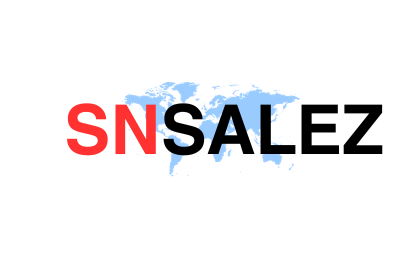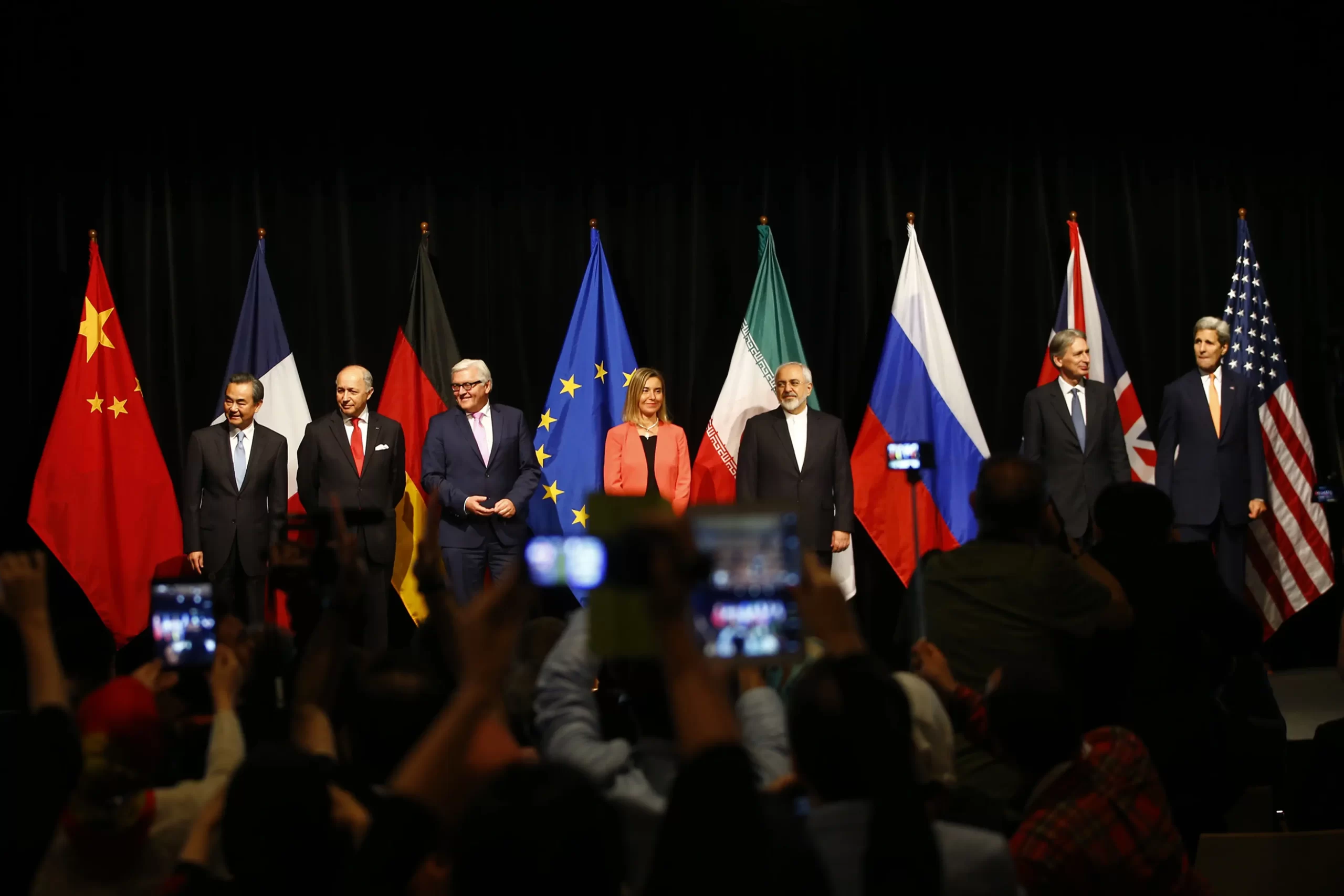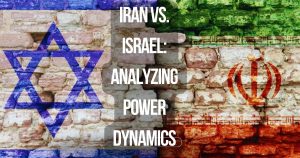In the shifting landscape of international relations, the recent nuclear cooperation between Iran and Russia marks a significant development that could reshape global power dynamics. This alliance, evolving amidst the broader geopolitical complexities, is not merely a strategic partnership between two nations but a crucial milestone with potential repercussions for the balance of power in the Middle East and beyond.
The Deal in Context: A Historical Overview
Iran’s nuclear program has long been a point of contention for Western powers, especially the United States. However, as global politics shift away from a unipolar world dominated by U.S. influence, Iran has sought to secure new alliances, and Russia, under the leadership of Vladimir Putin, has emerged as a willing partner. While these two nations have shared common interests in the past, particularly in their opposition to Western policies in the region, the nuclear deal signifies a deeper, more strategic cooperation.
Russia’s involvement in Iran’s nuclear ambitions is not new. In the early 2000s, Russia played a pivotal role in the development of the Bushehr nuclear plant, Iran’s first civilian nuclear power facility. Today’s agreements build on that history, with discussions expanding beyond energy into possible military and strategic cooperation, further complicating the nuclear question for Iran’s adversaries.
Why the Deal Now?
There are several factors driving this renewed push for nuclear cooperation between Iran and Russia:
- Sanctions and Isolation: Both Iran and Russia are facing crippling sanctions from the West. Iran has long been under pressure for its nuclear program and regional influence, while Russia’s recent isolation following its war in Ukraine has made cooperation with non-Western allies even more critical. By strengthening their ties, both nations are aiming to alleviate economic pressures and reduce dependency on Western markets and technologies.
- Shifting Global Alliances: The world is no longer divided strictly between East and West, as it was during the Cold War. Today, emerging powers like China and India are asserting their influence, and Iran and Russia see an opportunity to carve out a niche for themselves as independent players. This nuclear cooperation is part of a broader effort to diversify their alliances and assert themselves as power brokers in the Middle East and Central Asia.
- Nuclear Deterrence and Military Balance: While the deal is framed as civilian nuclear cooperation, the potential for military collaboration cannot be ignored. Iran has long sought to bolster its nuclear capabilities as a deterrent against regional adversaries like Israel and Saudi Arabia. With Russian expertise and technology, Iran could make significant advancements in this area, changing the security landscape of the Middle East.
Potential Global Implications
The Iran-Russia nuclear deal raises significant concerns for many nations, particularly in the West. It threatens to further destabilize the already volatile Middle East, especially if it leads to increased militarization of Iran’s nuclear program. Additionally, the deal could exacerbate tensions with Israel, a nation that has consistently voiced its opposition to Iran’s nuclear ambitions.
Furthermore, this partnership may provoke a rethinking of alliances in the region. With Russia stepping in as a more active partner to Iran, other regional powers may feel compelled to strengthen their own military and nuclear capabilities. The risk of a nuclear arms race in the Middle East becomes more plausible as the balance of power shifts.
A New Era of Global Realignment?
The Iran-Russia nuclear deal signals a possible new era of global realignment. As Western influence wanes in certain parts of the world, new alliances are being forged based on shared interests and common adversaries. For both Iran and Russia, this deal represents a chance to assert their independence from Western economic and political systems.
For the international community, however, it is a reminder that the geopolitical landscape is far from settled. As nations like Iran and Russia seek to challenge the traditional power structures, the potential for conflict—and cooperation—will continue to evolve.
In conclusion, the Iran-Russia nuclear deal is more than just a technical agreement; it is a statement of intent in a world where power is increasingly fragmented. How this deal unfolds will not only shape the future of these two nations but also influence global politics for years to come. As new alliances form and old ones fray, the world may witness a profound shift in the balance of power that could redefine international relations in the 21st century.




